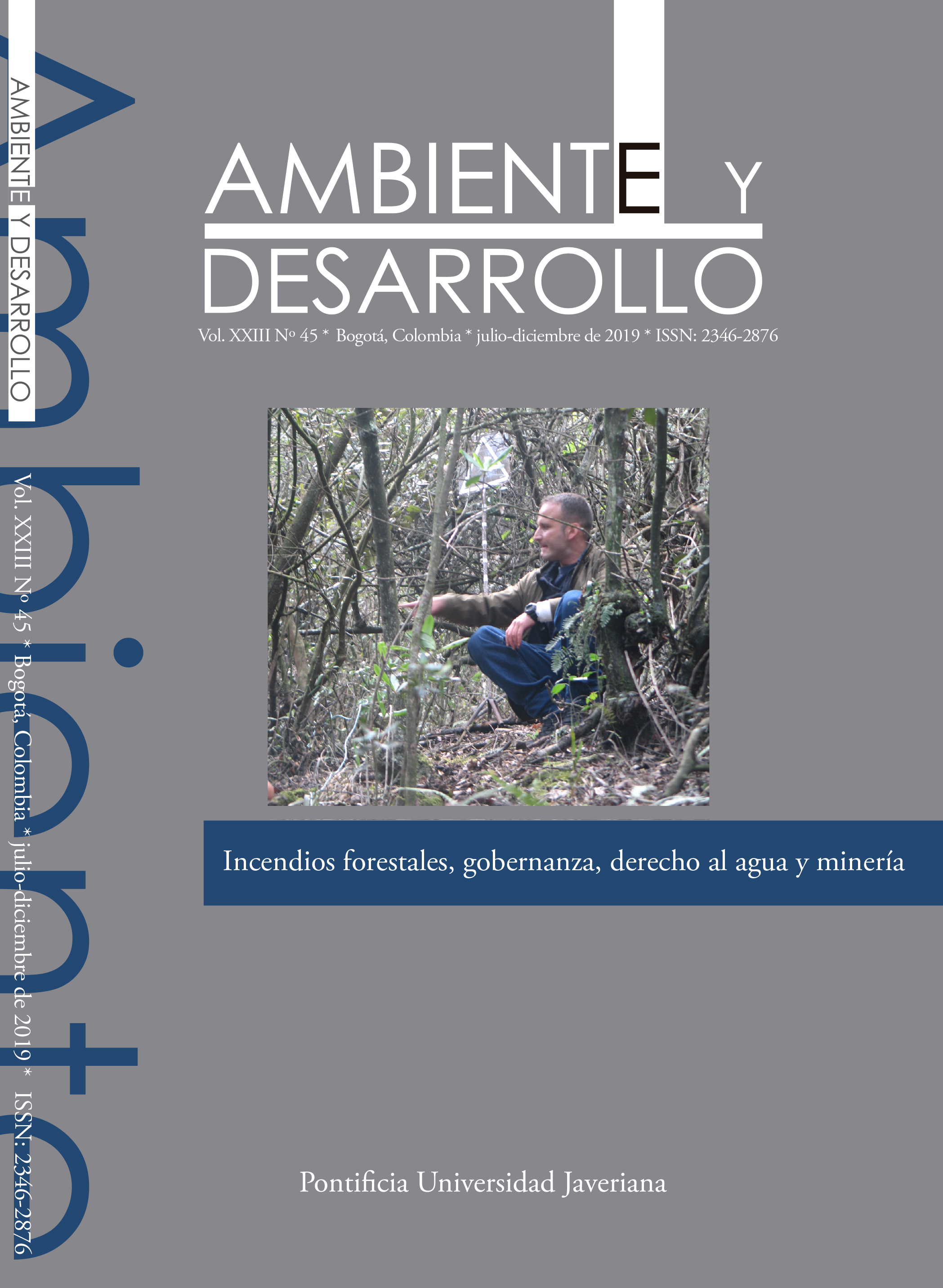Abstract
It has been shown that raising awareness influences strongly the responsible use of water. However, awareness campaigns have a short-lasting effect and it has been noted that environmentally-friendly intentions are not always accompanied by positive behaviors. This work aims to influence the consumer’s attitudes, so that to induce a positive behavior of responsible consumption. This effort requires taking into consideration the discount based on the delay, i.e., to what extent a future consequence is deemed in the present as devaluated due to the distance in the time. Using studies dealing with the attitudes before the water saving and its influence on the consumption and, on the other hand, the effect of such influence on the delay-based discount regarding the people’s behavior when facing other problems, this work proposes an awareness campaign for saving water at home, in order to influence on the delay-based discount.
Breckler, S. J. (1984). Empirical validation of affect, behavior, and cognition as distinct components of attitude. Journal of personality and social psychology, 47(6), 1191-1205. https://doi.org/10.1037//0022-3514.47.6.1191
Brick, C., y Lai, C. K. (2018). Explicit (but not implicit) environmentalist identity predicts pro-environmental behavior and policy preferences. Journal of Environmental Psychology, 58, 8-17. https://doi.org/10.1016/j.jenvp.2018.07.003
Collado, A., Johnson, P. S., Loya, J. M., Johnson, M. W., y Yi, R. (2017). Discounting of condom-protected sex as a measure of high risk for sexually transmitted infection among college students. Archives of sexual behavior, 46(7), 2187-2195. https://doi.org/10.1007/s10508-016-0836-x
Dharshing, S., y Hille, S. L. (2017). The energy paradox revisited: analyzing the role of individual differences and framing effects in information perception. Journal of Consumer Policy, 40(4), 485-508. https://doi.org/10.1007/s10603-017-9361-0
European Enviroment Agency (EEA). (2001). Sustainable water use in Europe - Part 2: Demand management (Technical report no. 19), Copenhagen. Recuperado de https://www.eea.europa.eu/publications/Environmental_Issues_No_19
Gaudin, S. (2006). Effect of price information on residential water demand. Applied economics, 38(4), 383-393. https://doi.org/10.1080/00036840500397499
Inman, D., y Jeffrey, P. (2006). A review of residential water conservation tool performance and influences on implementation effectiveness. Urban Water Journal, 3(3), 127-143. https://doi.org/10.1080/15730620600961288
Koffarnus, M. N., Jarmolowicz, D. P., Mueller, E. T., y Bickel, W. K. (2013). Changing delay discounting in the light of the competing neurobehavioral decision systems theory: a review. Journal of the experimental analysis of behavior, 99(1), 32-57. https://doi.org/10.1002/jeab.2
Lawyer, S. R., y Mahoney, C. T. (2017). Delay discounting and probability discounting, but not response inhibition, are associated with sexual risk taking in adults. The Journal of Sex Research, 55(7), 1-8. https://doi.org/10.1080/00224499.2017.1350627
Mellis, A. M., Snider, S. E., Deshpande, H. U., LaConte, S. M., y Bickel, W. K. (2019). Practicing prospection promotes patience: repeated episodic future thinking cumulatively reduces delay discounting. Drug and alcohol dependence, 204, 107507. https://doi.org/10.1016/j.drugalcdep.2019.06.010
Moglia, M., Cook, S., y Tapsuwan, S. (2018). Promoting Water Conservation: Where to from here? Water, 10(11), 1510. https://doi.org/10.3390/w10111510
Schacter, D. L., Benoit, R. G., y Szpunar, K. K. (2017). Episodic future thinking: Mechanisms and functions. Current opinion in behavioral sciences, 17, 41-50. https://doi.org/10.1016/j.cobeha.2017.06.002
Stavenhagen, M., Buurman, J., y Tortajada, C. (2018). Saving water in cities: Assessing policies for residential water demand management in four cities in Europe. Cities, 79, 187-195. https://doi.org/10.1016/j.cities.2018.03.008
Stein, J. S., Tegge, A. N., Turner, J. K., y Bickel, W. K. (2018). Episodic future thinking reduces delay discounting and cigarette demand: an investigation of the good-subject effect. Journal of behavioral medicine, 41(2), 269-276. https://doi.org/10.1007/s10865-017-9908-1
Willis, R. M., Stewart, R. A., Panuwatwanich, K., Williams, P. R., y Hollingsworth, A. L. (2011). Quantifying the influence of environmental and water conservation attitudes on household end use water consumption. Journal of environmental management, 92(8), 1996-2009. https://doi.org/10.1016/j.jenvman.2011.03.023
Ambiente y Desarrollo is registered under a Creative Commons Attribution 4.0 International Public License. Thus, this work may be reproduced, distributed, and publicly shared in digital format, as long as the names of the authors and Pontificia Universidad Javeriana are acknowledged. Others are allowed to quote, adapt, transform, auto-archive, republish, and create based on this material, for any purpose (even commercial ones), provided the authorship is duly acknowledged, a link to the original work is provided, and it is specified if changes have been made. Pontificia Universidad Javeriana does not hold the rights of published works and the authors are solely responsible for the contents of their works; they keep the moral, intellectual, privacy, and publicity rights.
Approving the intervention of the work (review, copy-editing, translation, layout) and the following outreach, are granted through an use license and not through an assignment of rights. This means the journal and Pontificia Universidad Javeriana cannot be held responsible for any ethical malpractice by the authors. As a consequence of the protection granted by the use license, the journal is not required to publish recantations or modify information already published, unless the errata stems from the editorial management process. Publishing contents in this journal does not generate royalties for contributors.



